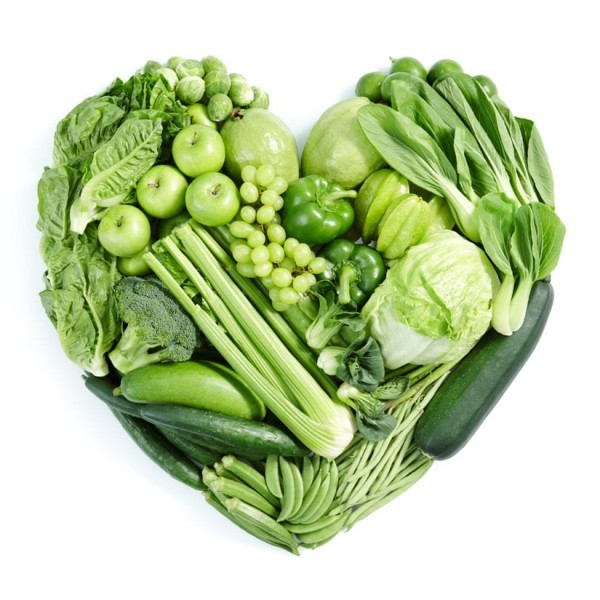
In 1964, President Lyndon B. Johnson declared February as American Heart Month in order to increase awareness and research of heart disease. That same year, U.S. Surgeon General Luther Terry released a report about the health risks of smoking, a key risk factor of heart disease.1 These actions combined marked a turning point in the fight against this widespread condition and, in years since, rates of cardiovascular disease have steadily declined. But despite the huge strides taken over the last 50 years in detection and treatment, as well as increased awareness of the impact of lifestyle and diet, heart disease still lingers as the leading cause of death in Americans.2
Research has established a clear connection between diet and lifestyle and a person’s risk for heart disease. That’s great news because diet and lifestyle are two things that we all have control over in our own lives. Our good choices and positive habits today are paving the way for a longer, healthier life! In general, a heart-healthy diet is one that includes lots of plant foods and less meat. A few foods that promote improved heart health include berries, oatmeal, flax seeds, legumes and nuts. As always, plenty of fresh vegetables and fruits should be the basis of an all-around healthy diet.
When considering decreasing your meat intake, it’s important to understand that not only the cholesterol and saturated fats in meat are of concern. New research from a team headed by Dr. Stanley Hazen of the Cleveland Clinic uncovered a link between gut microbes and heart disease. Their studies have focused on the compounds carnitine, found in red meat (and some energy drinks), and choline, found in eggs and fatty meats. When carnitine and choline are consumed, the microbes that are used to digest them produce a substance called TMAO (trimethylamine-N-oxide), which can speed up the hardening of arteries. According to Hazen, higher levels of TMAO led to an increase of cholesterol and a decrease in the rate at which cholesterol was eliminated. The researchers tied a diet high in red meat to a higher risk of heart disease. By comparison, vegans and vegetarians had a much lower risk3. Hazen’s team continues to research the effects of TMAO and continues to confirm that blood levels of TMAO strongly predict future risk of heart attack, stroke, and death. Their research has even uncovered a link between TMAO and kidney disease. Dr. Hazen states, “We’ve found that the TMAO pathway seems to be mechanistically linked not only to atherosclerosis but also to the development of chronic kidney disease, based on animal model data and some human studies.”4 These findings support the connection between heart health and a plant-based diet.
Our understanding of the risks of heart disease has come a long way in the last 50 years, and as the vast research into heart health continues we can use it to educate ourselves and make positive changes in our lives. Improving our diet is a simple way to take control of our health and reduce our risk of heart disease, but simple doesn’t necessarily mean easy. It can be very challenging to overcome old eating habits. But if we take small steps toward improving them, “eating better” becomes a very attainable goal. Down to Earth is a great resource for recipes, information and classes to get you started on the path to better health, setting the stage for a bright, vibrant life ahead.
As always, "Love Life! Eat Healthy, Be Happy!"
1 Brown, Nancy. “50 Years of American Heart Month: Fight Continues vs. Our No. 1 Killer.” Jan 27, 2014.
2 CDC. Heart Disease Facts. Aug 10, 2015.
3 Cleveland Clinic. Stanley Hazen, MD, PhD. “Red Meat and Energy Drinks” [Video] “Choline and Heart Disease” [Video]. 2015.
4 Cleveland Clinic. “Nonlethal Targeting of Gut Microbes Successfully Treats Atherosclerosis.” Dec 17, 2015.